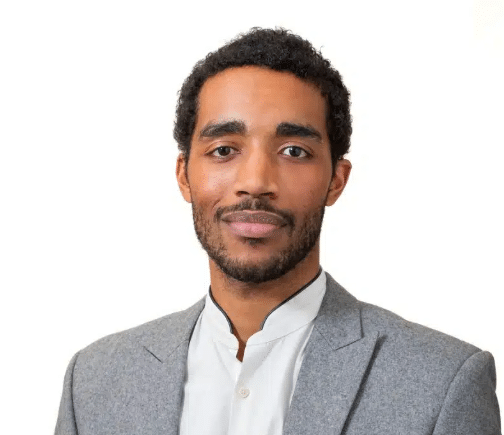Can you tell us a bit more about Respire and your role there?
Respire was originally created in 2011 by a group of cyclists who wanted to raise awareness about air quality. We’ve since grown to around 2,800 members and a team of four employees.
Our aim is twofold: to raise public awareness about air quality and to influence policymakers to make decisions that will improve air quality. We’re also involved in supporting the victims of pollution, particularly through legal means.
Our work is extremely varied, and as Executive Director, I take on a lot of different tasks. From working with third party stakeholders to filing lawsuits and lobbying for policy change to creating whitepapers.
What qualities do you think allow you to successful lead a company like this?
First and foremost, it’s about having deep expertise in the area you’re working in. Running an association focused on air quality, you can’t just be a figurehead – you need to know the subject inside out. That means staying informed about the latest research, following scientific developments, and consulting with experts regularly. This kind of job isn’t one where you can afford to be disconnected from the topic.
Empathy is also crucial. When you’re leading a small organisation, you’re not just responsible for the strategic direction but also for the people who are working with you. You need to be patient, and you need to understand that managing people involves more than just overseeing tasks. It’s about creating an environment where people feel heard, valued, and motivated.
And finally, you need resilience. It’s easy to get discouraged, especially when progress seems slow or when you’re up against bureaucratic hurdles. But to achieve real change, you need to be persistent and not give up just because things are difficult.
What practical skills are particularly important in your role as Executive Director?
A large part of my role involves working with politicians, public officials, and other stakeholders who often have different agendas from me and from each other. It’s not just about making demands – it’s about negotiating effectively to achieve common goals. Good negotiation skills are crucial.
The key is to always ensure that everyone feels valued at the end of the conversation – that everyone gets something out of it. Over time, I’ve learned how to navigate these relationships, applying pressure, when necessary, without pushing too hard. It’s a valuable skill to learn.
What industry changes would you like to see in the sustainability and air-pollution space over the next few years?
In the short-term I’d like to see cities limiting car space and promoting alternative modes of transport like walking and cycling. Expanding pedestrian areas and cycling lanes, as well as reducing the speed of traffic, are all effective measures that cities can implement quickly.
In the medium term, I think we need to look at improving the electric vehicle infrastructure and public transport. There needs to be more charging points for electric cars and financial incentives for people to switch to electric vehicles. We also need to see more extensive bus and metro systems.
And how will Respire play a role in that change?
My goal is to expand our projects and take on larger initiatives. With more resources, we can reach more people and have a greater impact. I want to expand outside of Paris.
Right now, we’re doing some work in the South of France, but I want to see our presence grow across the entire country and eventually, internationally. Many of the major players in the environmental and climate change sectors are based in the United States, so we must strengthen our international network, both in the NGO ecosystem and with funders.
This could also open doors for us to work with international policymakers, especially in cities worldwide where air quality is a major concern. Mayors have often been ahead of the curve on these issues, so I see a big opportunity in collaborating with them to address air pollution on a global scale.


 Career Enquiry
Career Enquiry